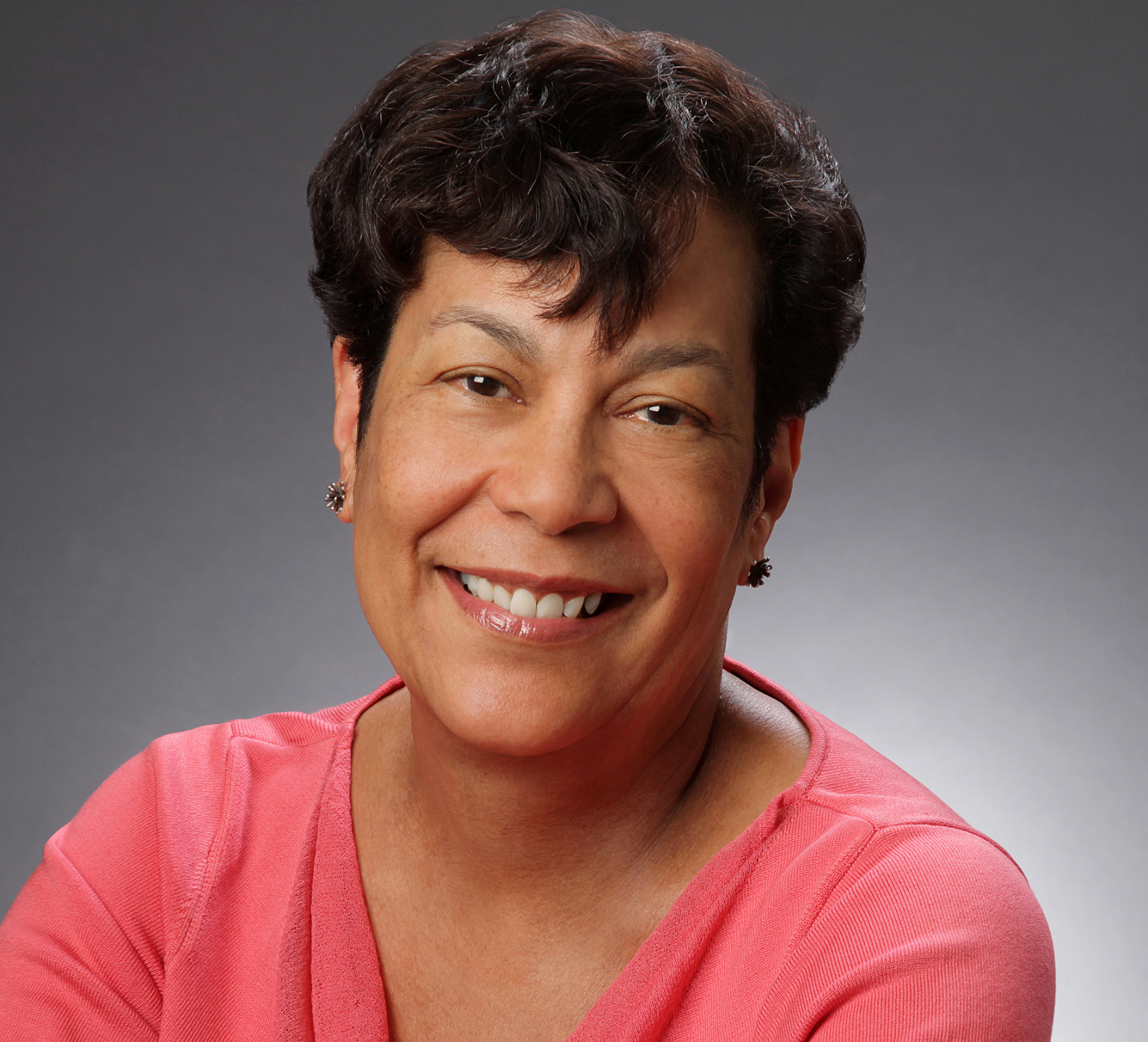Carla Peterson

Research Expertise
African American/African Diaspora
American
Comparative Literature
Film Studies and Cultural Studies
Literary Theory
Publications
The Cultural Politics of Blood, 1500-1900
The essays collected here consider how conceptions of blood permeate discourses of human difference from 1500 to 1900 in England and continental Spain and in the Anglo- and Ibero-Americas.
Author/Lead: Ralph Robert Bauer, Carla Peterson, Kimberly ColesThe essays collected here consider how conceptions of blood permeate discourses of human difference from 1500 to 1900 in England and continental Spain and in the Anglo- and Ibero-Americas. The authors explore how ideas about blood in science and literature have supported, at various points in history, fantasies of human embodiment and difference that serve to naturalize social hierarchies already in place. Situating the complex relationship between modern and pre-modern conceptions of race at the junction of early modern medicine, heredity, religion, and nation, The Cultural Politics of Blood challenges established accounts of the genealogy of modern racism.
Black Gotham: A Family History of African Americans in Nineteenth-Century New York City
Part detective tale, part social and cultural narrative, Black Gotham is Carla Peterson's riveting account of her quest to reconstruct the lives of her nineteenth-century ancestors.
Author/Lead: Carla PetersonPart detective tale, part social and cultural narrative, Black Gothamis Carla Peterson's riveting account of her quest to reconstruct the
lives of her nineteenth-century ancestors. As she shares their stories
and those of their friends, neighbors, and business associates, she
illuminates the greater history of African-American elites in New York
City.
Black Gotham challenges many of the accepted
"truths" about African-American history, including the assumption that
the phrase "nineteenth-century black Americans" means enslaved people,
that "New York state before the Civil War" refers to a place of
freedom, and that a black elite did not exist until the twentieth
century. Beginning her story in the 1820s, Peterson focuses on the
pupils of the Mulberry Street School, the graduates of which went on to
become eminent African-American leaders. She traces their political
activities as well as their many achievements in trade, business, and
the professions against the backdrop of the expansion of scientific
racism, the trauma of the Civil War draft riots, and the rise of Jim
Crow.
Told in a vivid, fast-paced style, Black Gotham
is an important account of the rarely acknowledged achievements of
nineteenth-century African Americans and brings to the forefront a
vital yet forgotten part of American history and culture.
"Doers of the Word": African-American Women Speakers & Writers in the North (1830-1880)
Adapting a verse from the Epistle of James, "doers of the word,” 19th-century black women activists Sojourner Truth, Jarena Lee, & Frances E. W. Harper, among others, travelled throughout the Northeastern, Mid-Atlantic, and Midwestern regions of the U.S.
Author/Lead: Carla PetersonAdapting a verse from the Epistle of James - "doers of the word" - nineteenth-century black women activists Sojourner Truth, Jarena Lee, and Frances Ellen Watkins Harper, among others, travelled throughout the Northeastern, Mid-Atlantic, and Midwestern regions of the United States. They preached, lectured, and wrote on issues of religious evangelicism, abolition, racial uplift, moral reform, temperance, and women's rights, thereby defining themselves as public intellectuals. In situating these women wtihin the emerging African-American urban communities of the free North, Doers of the Word provides an important counterweight to the vast scholarship on Southern slavery and argues that black "Civil Rights movements" cannot be seen as a purely modern phenomenon.

